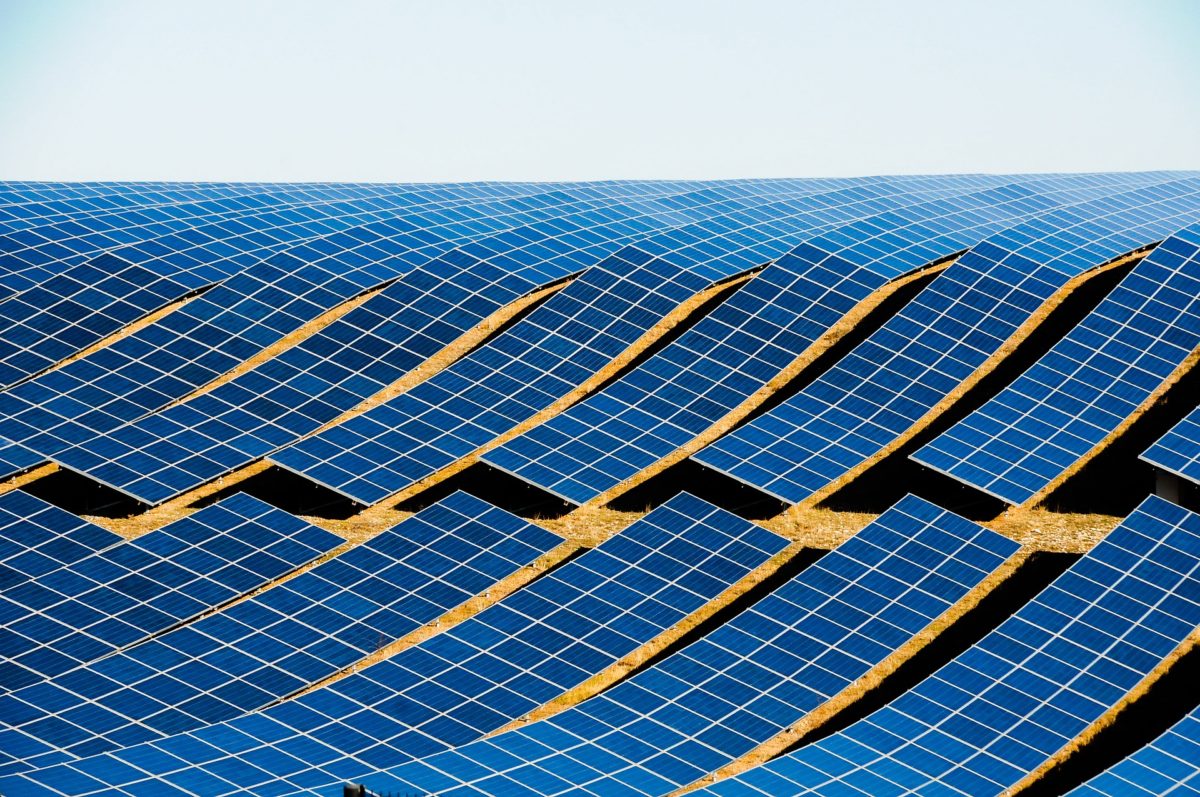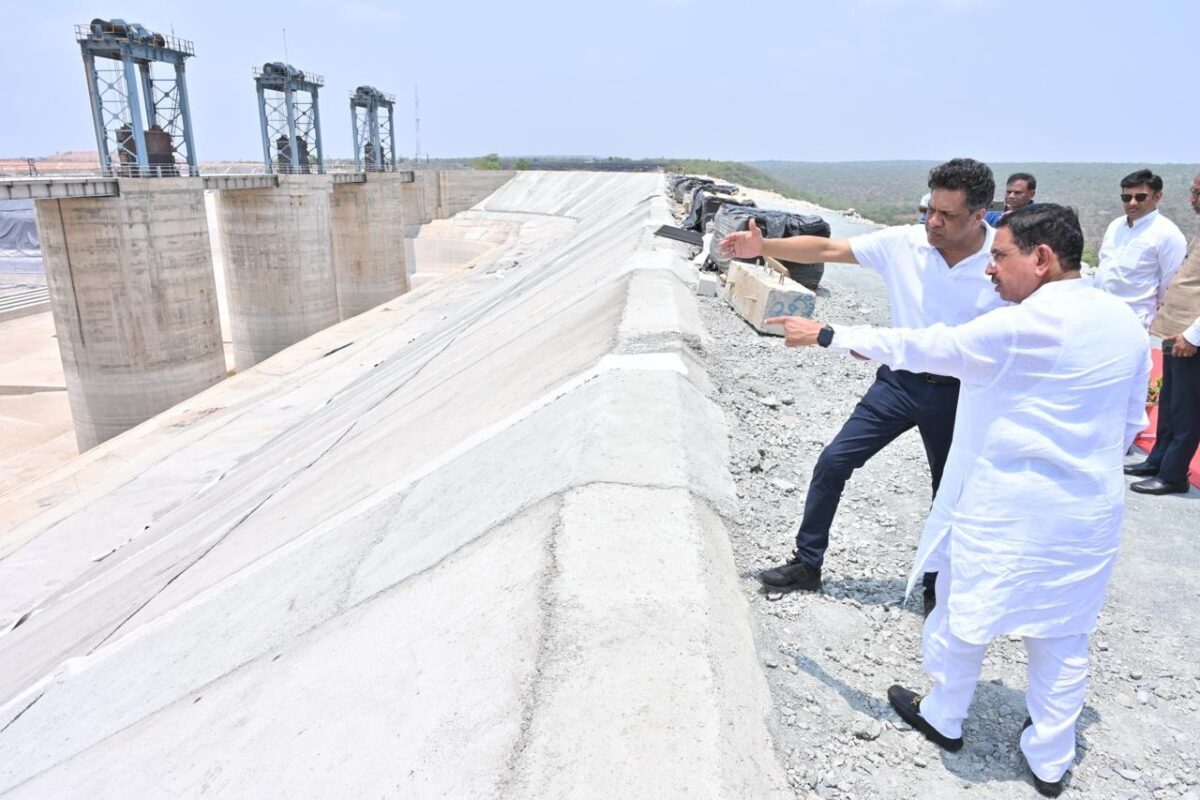India’s Solar Power Developers Association (SPDA) has urged the Government to reconsider imposing basic customs duty on solar cells and modules.
The developers want the duty to be postponed by 18 months as the safeguard duty on solar cell imports has already been extended by a year. The safeguard duty on Chinese, Vietnamese, and Thai solar cells – whether assembled into modules or not–applies at 14.9% for the first six months before falling to 14.5%.
According to SPDA, safeguard duty has already resulted in an escalation in capital costs, and any additional duty can jeopardize the Government’s plan of having 100 GW of solar capacity by 2022.
“The safeguard duty on cells and modules has been extended by a year recently, hence setting additional tariff barriers at this stage is not appropriate as it will damage the sector’s prospects. Therefore, SPDA recommends the imposition of BCD be postponed by 18 months so that financial burden on already bid out projects of capacity around 50 GW can be avoided,” stated SPDA.
The basic customs duty has been under exemption since March 2005 to make solar power competitive and affordable for end-users. In a push for the self-reliant solar sector, the Indian government is now considering levying a basic customs duty of 20-25% on imported solar panels. The tax will rise to 40% within a year.
Developers say the increased costs due to additional duty shall result in the higher power purchase cost for Discoms, translating into higher tariffs across different end-users. “The impact in the manufacturing sector’s case is particularly visible, as increased tariffs directly impact their operating costs that affect their competitiveness in the global market,” according to SPDA.
“Imposing two duties simultaneously on one product is not only unfair but also counterproductive to achieving the target of 100 GW of Solar Power by 2022. Consumers must benefit from affordable and clean power possible through Solar Energy – the imposition of duties and taxes would have a cascading effect on power costs and could adversely affect the health of Discoms,” DG SPDA Shekhar Dutt said.
Suggestions
According to SPDA, there is a severe risk of cartelization if BCD comes into force while demand for solar PV equipment continues to be higher than domestic manufacturing capacity.
The industry body has advocated a more comprehensive approach that prioritizes indigenization of the entire value chain.
“Even with domestic manufacturing of cells and modules, upstream part of the value chain, i.e., polysilicon, ingots, and wafers, representing 30-35% of the total cost, will continue to be imported. Hence, the policy should target indigenization of the entire value chain,” stated SPDA.
“Further, instead of making duty applicable to 100% of imports, options must be explored to tax only incremental imports, i.e., the quantum of modules uncatered by domestic manufacturers. This incremental capacity will taper down with an increase in domestic capacity. Additionally, more manufacturing-linked tenders must be issued by the Government to boost domestic manufacturing in India,” it added.
This content is protected by copyright and may not be reused. If you want to cooperate with us and would like to reuse some of our content, please contact: editors@pv-magazine.com.









ALL BUYERS OF ANY MATERIAL, EQUIPMENT, SERVICES, FINANCING IN INDIA MUST BOYCOTT IT IF HAS ANY DIRECT OR INDIRECT CONNECTION OR AFFILIATION WITH CHINA.
If the “Web and Entanglements” of International Trade prevent this
…. THE PEOPLE which includes Importers, Exporters, Buyers/Sellers & Governments in India must voluntarily Boycott them.
Other countrues who camouflage and hide Chinese Origin in their goods or services must be penalized heavily (aka Jailed) and banned from Trade with India for at least 10 years or more… if “MADE IN CHINA” stuff is found to used therein.
Manufacturers in India must be provided and assured of a “level playing field” that China fails to provide or support, with or without International Treaties, Agreements, Rules. This will provide the neccessary “support & environment” thay need, but percieve it does not exist, and start manufacturing locally from Ongots to Complete Panels with World Class Quality and Price too.
At present, it is best to have NO TRADE WITH CHINA AT ALL…. PERIOD.
OTHERS USING DECEPTIVE MEANS…. MUST BE WARNED THEY SHALL MEET THE SAME FATE…. TOO…